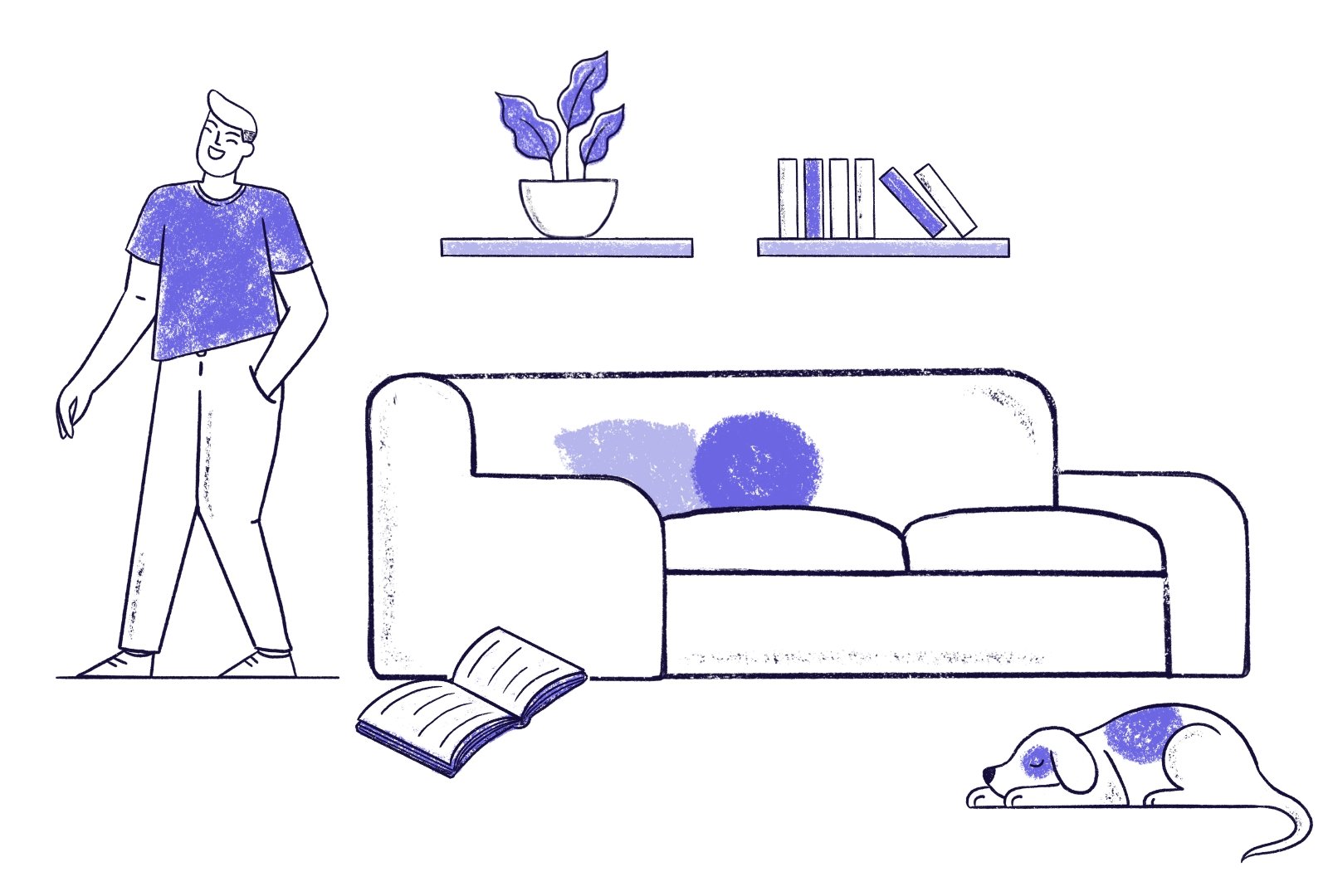

· By Sunit Kaul
This is the Best Time to Nap, According to Science
We should all get 7-9 hours of sleep a night, say experts. But that’s sometimes difficult. Life gets in the way. We get hooked on a new show and don’t realize our bedtime passed three episodes ago. Work keeps us up late. Anxiety wakes us up and makes it hard to fall back asleep.
Daytime naps can help us recover from sleep deprivation and reset our systems, replenish our energy levels and improve our performance. But it works best only if you pick the right time for it. In fact, a late-afternoon snooze will decrease your homeostatic sleep drive, making it harder to drift off at bedtime...How long should you rest for?
Inadequate sleep at night can be supplemented by a nap during the day. In general, a nap before 1 pm lasting 15-30 minutes allows you to re-energize, improving clarity and efficiency in the afternoon. Keep naps shorter than 45 minutes to avoid deep sleep. If you sleep too deeply, your body temperature will drop, and you might wake up feeling sleepy, dizzy, and more tired. Deep sleep during the daytime will also impact the quality of sleep you get at night.When to rest?
The most important part of the biological clock is the body temperature rhythm. When body temperature rises, you will feel more awake and when body temperature drops, you will feel tired. Temperatures fluctuate periodically throughout the day, rising in the morning, sometimes going down in the afternoon, and then rising until night. Therefore, it is best to nap in the afternoon (usually before 1 pm) when your body temperature is low, as the effect is best. If you nap too late in the day, the nap will interfere with your body temperature rhythm, affecting the quality of sleep at night.32% better sleep in 30 days with Unplug
 Made with Ashwagandha, Montmorency Cherry, Bacopa Monnieri and L-Theanine, Unplug makes it easier to wind down and drift off.
Made with Ashwagandha, Montmorency Cherry, Bacopa Monnieri and L-Theanine, Unplug makes it easier to wind down and drift off.